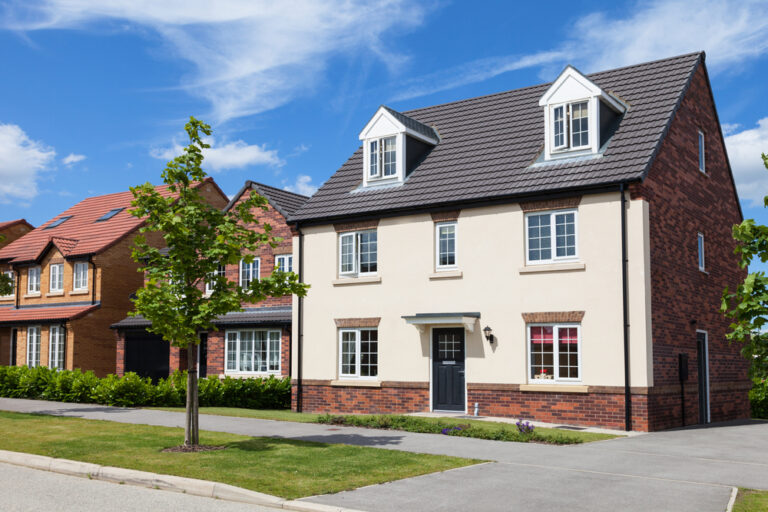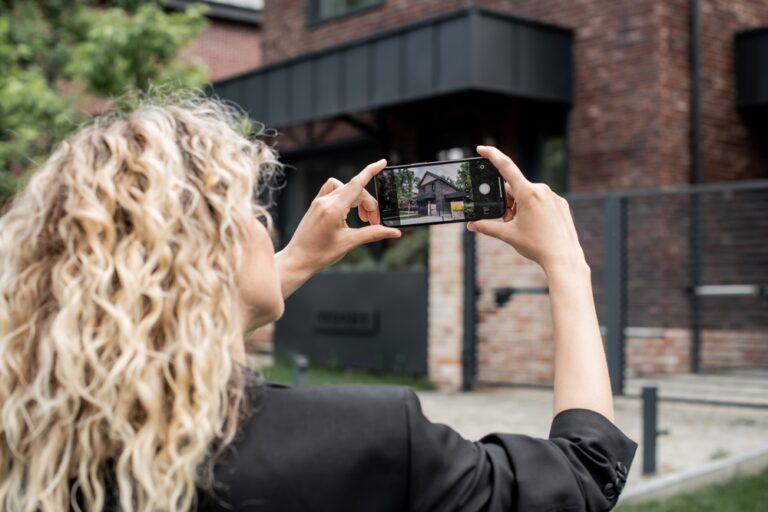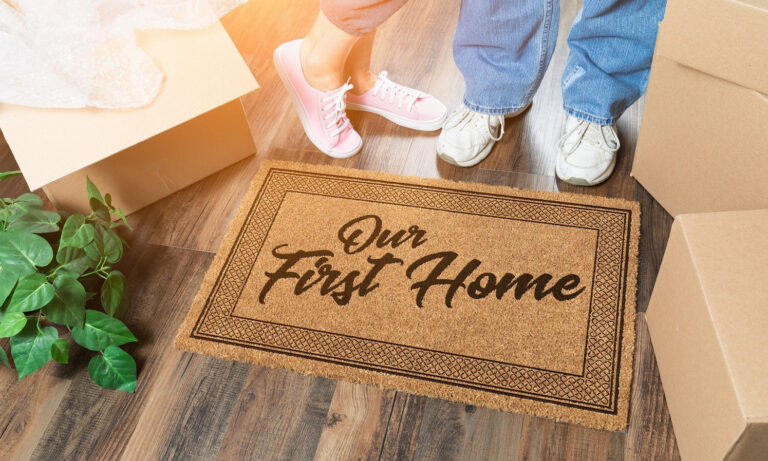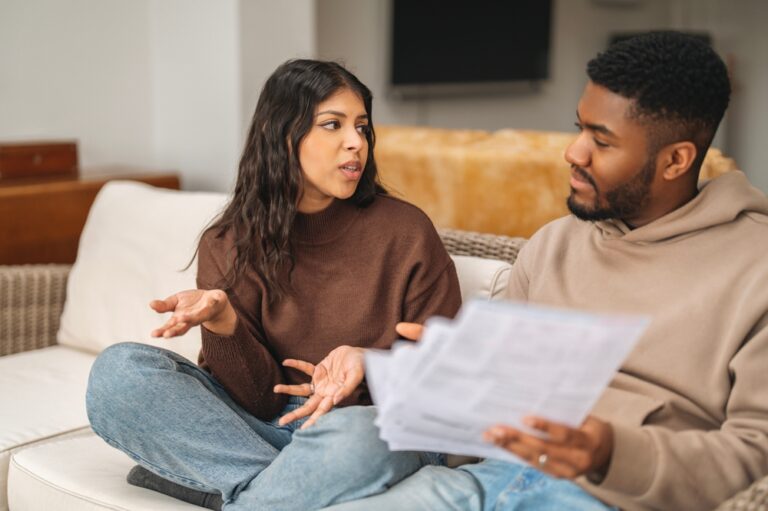How much you really need to save for your first home deposit?
The simple answer to this question is: As much as you can.
But, of course, saving a large chunk of money to buy your first home is not simple at all.
Indeed, many aspiring homeowners simply can’t and the growth of renting in the UK is testament to that fact.
But if you’re determined to save a healthy deposit, the first thing to do is to set yourself a goal and a timeframe to achieve it.
How much do I need to save for a deposit?
Most lenders will require at least a 10% deposit, although some mortgages are available for buyers
who have only a 5% deposit.
This table shows how much you’d need to save for a 5%, 10% or 15% deposit at a range of purchase prices:
| Purchase price | 5% deposit | 10% deposit | 15% deposit |
| £100,000 | £5,000 | £10,000 | £15,000 |
| £200,000 | £10,000 | £20,000 | £30,000 |
| £300,000 | £15,000 | £30,000 | £45,000 |
| £400,000 | £20,000 | £40,000 | £60,000 |
How much are house deposits on average?
The average first-time buyer deposit in 2021 was £59,000, according to the Halifax.
In London, meanwhile, the average deposit was £132,000.
According to the latest data from Statista, the average property deposits for first-time buyers broken down by region are:
| Region | Average first-time buyer deposit |
| Greater London | £130,357 |
| South East | £64,910 |
| South West | £51,397 |
| East Anglia | £51,126 |
| West Midlands | £42,062 |
| East Midlands | £39,052 |
| North West | £34,347 |
| Yorkshire & Humber | £33,313 |
| Wales | £32,663 |
| North East | £29,563 |
How to calculate how much you need as a deposit
Working out how much you need to save as a deposit requires you to think both about the price of the property you want to buy and how much you can afford to pay in monthly mortgage payments:
1. Look at prices where you want to buy
Information on property prices in the area you want to buy can be found on property portals Rightmove, Zoopla and OnTheMarket.
You can also see what people are paying for properties where you are by looking at the Land Registry website.
However, for a more focused breakdown, it’s best to speak to a local estate agent.
Once you have a better idea of what you’ll have to pay for your property, you’ll be able to work out what deposit you’ll need.
2. Work out what you can afford to pay each month
The bigger your deposit, the less you’ll be borrowing through a mortgage and the lower your repayments will be.
With a bigger deposit, you may also be able to access a better interest rate, which will also lower your monthly payments.
Look at your incomings and outgoings and work out what you can comfortably afford to pay each month for your mortgage.
An online monthly repayment calculator will then help you to play around with interest rates and mortgage amounts so you can work out how much you’ll need to save as a deposit to stay within your budget.
Why saving as big a deposit as possible is a good idea
Saving a bigger deposit comes with a whole host of benefits, including:
- Cheaper monthly mortgage payments
- Access to better mortgage deals and interest rates
- A greater chance of being accepted by a lender
- Less risk, as you’ll own more of your home outright
When do you pay your house deposit?
You’ll pay your deposit when you exchange contracts with your seller.
At this point, your purchase becomes legally binding.
Your solicitor, or conveyancer, will deal with all financial transactions on your behalf, including paying your deposit.
How to save for a house deposit
1. Reduce your rent and bills
If you’re renting a property, your monthly rent payments and bills are almost certain to be your biggest outgoings.
You could try to reduce your rent by looking for a smaller property or searching in a different area.
Or you could consider renting a room in a shared living property while you save.
Save money on your energy bills by switching providers, if this is okay with your landlord, and shop around for better deals on mobile phones, broadband and subscription services.
2. Cut down on spending
Making changes to your spending habits can have a big impact on your savings.
Look at your monthly bank statement and see what you’re spending and when, before assessing if you can cut back.
The daily shop-bought coffee, or fuel for your car, can mount up over a month or a year, whereas you could consider taking a homemade coffee to work and travelling by bike, bus or on foot to make savings.
3. Earn on your spending
Loyalty cards and cashback credit cards can help you to earn money from what you spend.
However, with cashback credit cards, it’s important to use it for everyday spending and pay off the balance each month, or the interest could exceed the cashback you earn.
As well as potential cashback, using a credit card and paying off the balance each month can help to improve your credit score ahead of your mortgage application.
Can I get a loan to boost my deposit?
Mortgage lenders generally won’t accept loans as a deposit.
They will consider a loan as an existing debt rather than cash savings and this can have a huge impact on your borrowing ability.
Is it possible to get a 100% mortgage?
100% loan to value mortgages are extremely rare.
Not only that, but the interest rates are extremely high, too.
Lenders will take a forensic look at your finances when you apply for a 100% LTV mortgage and most will require a guarantor, too, meaning someone else will be responsible for your debt should you default on your payments.
Your options if you have a small deposit
If you’re only able to save a 5% first-time buyer deposit, there are other options you could consider to take that first step on the property ladder:
1. Help to Buy equity loans
Help to Buy equity loans are available to first-time buyers.
Under the scheme, you save a 5% deposit alongside a government equity loan of 20% (40% in London), with a mortgage covering the other 75% (55% in London) of a new-build purchase price.
The equity loan is interest-free for five years, but follows the value of your property, meaning you could pay back more, or less, than you borrowed.
Find out more about Help to Buy.
2. Shared Ownership
Under the Shared Ownership scheme, you can buy a share of a new-build or existing Shared Ownership home.
Shares of between 10% and 75% are usually available, while you pay a reduced rent on the share you don’t own.
Over time, you can buy more shares in the property, known as ‘staircasing’ eventually leading to 100% ownership if you wish.
Find out more about Shared Ownership.
3. The 95% mortgage guarantee scheme
The government’s 95% mortgage guarantee scheme was launched to encourage lenders to offer more 95% loan-to-value mortgages.
Many of these low deposit mortgages were pulled from the market during the pandemic, but under the scheme, the government acts as a guarantor, meaning lenders take on less risk.
Find out more about the 95% mortgage guarantee scheme.







